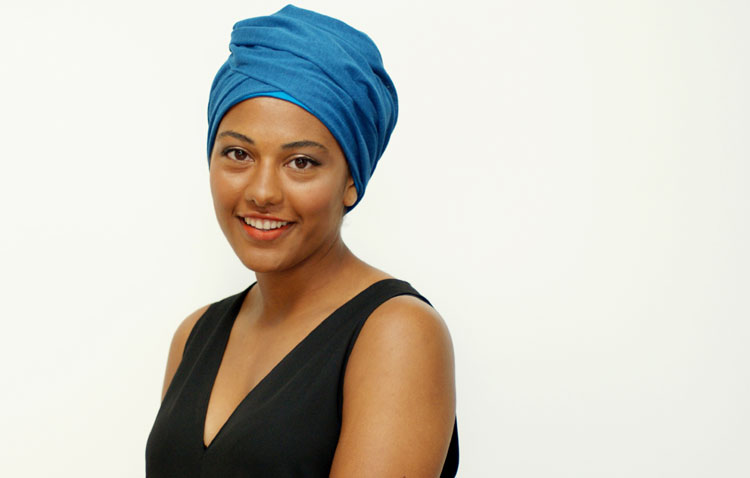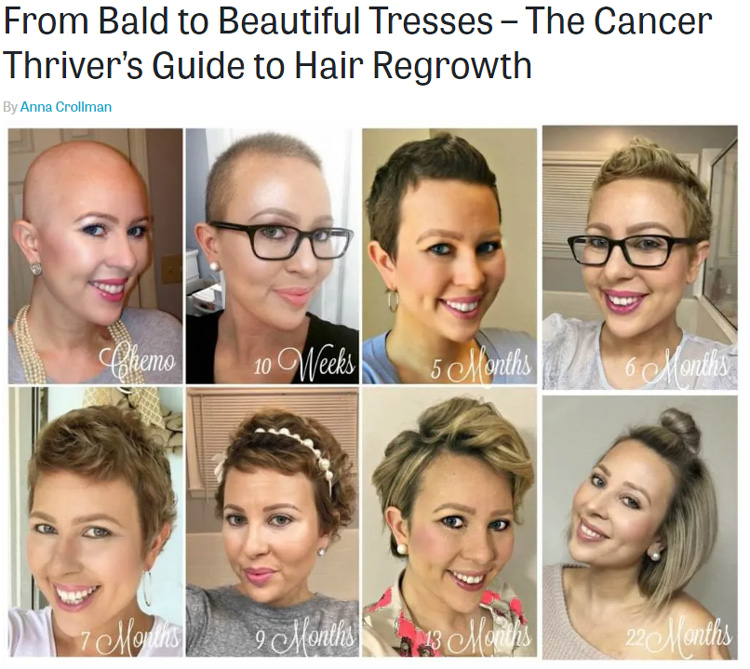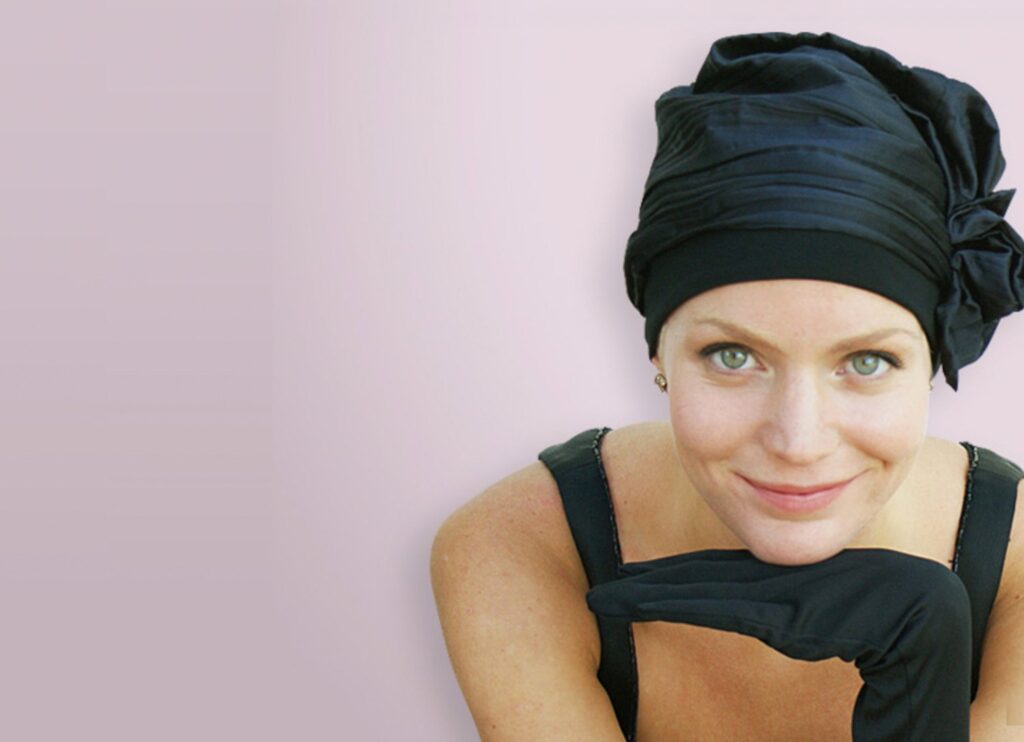Menu
Chemo Hair Loss – What to Expect

Hearing a cancer diagnosis for the first time is traumatic. Getting your head round chemotherapy and the possibility of chemo hair loss, brings with it new concerns and a need for more information.
In the initial days dealing with doctors and appointments, your questions related to preparing for hair loss may go unanswered. Here’s some information to get you started. Here at Suburban Turban we design our own unique range of chemo hair loss headwear – caps, turbans and hats, sized and in a range of colours to help you recreate ‘your style’.
Chemo hair loss – not all treatment causes hair loss
The word “chemotherapy” can lead to the assumption that you will lose your hair. There are many different combinations of chemo drugs that treat a specific cancer. It depends more on the genetic make-up of the patient and how they will respond to treatment, rather than the location specific cancer. Your medical team will be the best able to answer your questions about the likelihood of your type of treatment causing hair loss. Not all chemo regimes do cause hair loss, so it is worth asking. There is also widespread availability of the Cold Cap / Scalp Cooling now in most hospital trusts, which you may be able to access. Using the cold cap can often prevent complete hair loss, although diffuse hair thinning is experienced by women.
Why chemo can cause hair loss
The drugs that are used to target cancer cells can also attack other rapidly growing cells. Hair follicle cells mimic cancer cells in this regard and therefore can be impacted by chemotherapy. Cold caps help reduce hair loss as they temporarily reduce the blood flow to the scalp as chemotherapy drugs are being administered. The reduced blood flow means the hair follicles are exposed to less of the infusion.
What to Expect
Hair loss usually begins around the second treatment phase of chemotherapy. It will vary from individual to individual and the tailored treatment plan they are on. Most people first notice hair fall on the pillow in the morning or after a shower in the shower tray. Hair loss is this scenario is first thought of as losing hair from your head, but hair anywhere on the body may be affected by chemo. This can include losing nasal hair, eyelashes, eyebrows and underarm hair. You may find you need a hanky more often, or your eyes feel drier due to lack of eyelashes and you need eye drops. Scalp irritation and sensitivity is also common temporarily as the follicle adjusts to treatment.
Hair loss varies from person to person. It might simply be a thinning of hair volume, perhaps unnoticeable to others. Many people opt to shave their heads once they lose a visible amount of hair. It can be upsetting watching it fall, and it’s ‘easier’ to take control and have a short cut. If you have long hair cutting it shorter in stages can give you some time to adjust, if it is likely that you will have a period of hair loss.
Hair loss after chemotherapy
Hair loss is likely to continue while undergoing chemotherapy and for a few weeks after chemo has been completed. There are many comments online about hair growing back differently following chemo. To some extent this is true but usually any changes in hair quality are temporary. Hair texture may be different initially or the colour may be different. In some cases, hair will grow back with more curl than previously. The biggest initial surprise can be hair growing back grey. That’s because the cells that control hair pigment may not resume functioning as quickly.
Most women want to know when will my hair look ‘normal’ again? The excellent Cancer Be Glammed provides this article and picture guide below.

Naturally, it’s important to keep feeling like you throughout treatment. This maybe in the form of a wig, or a combination of wig and headwear. Here at Suburban Turban we’re committed to designing and sourcing ‘normal’ chemo hair loss hats and quality headscarves and turbans for women. If you’d like to know more, view our range or contact us today!
Facebook
Twitter
LinkedIn
WhatsApp

ABOUT THIS BLOG
News and advice for women experiencing hair loss.
